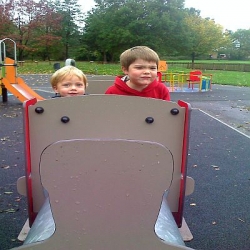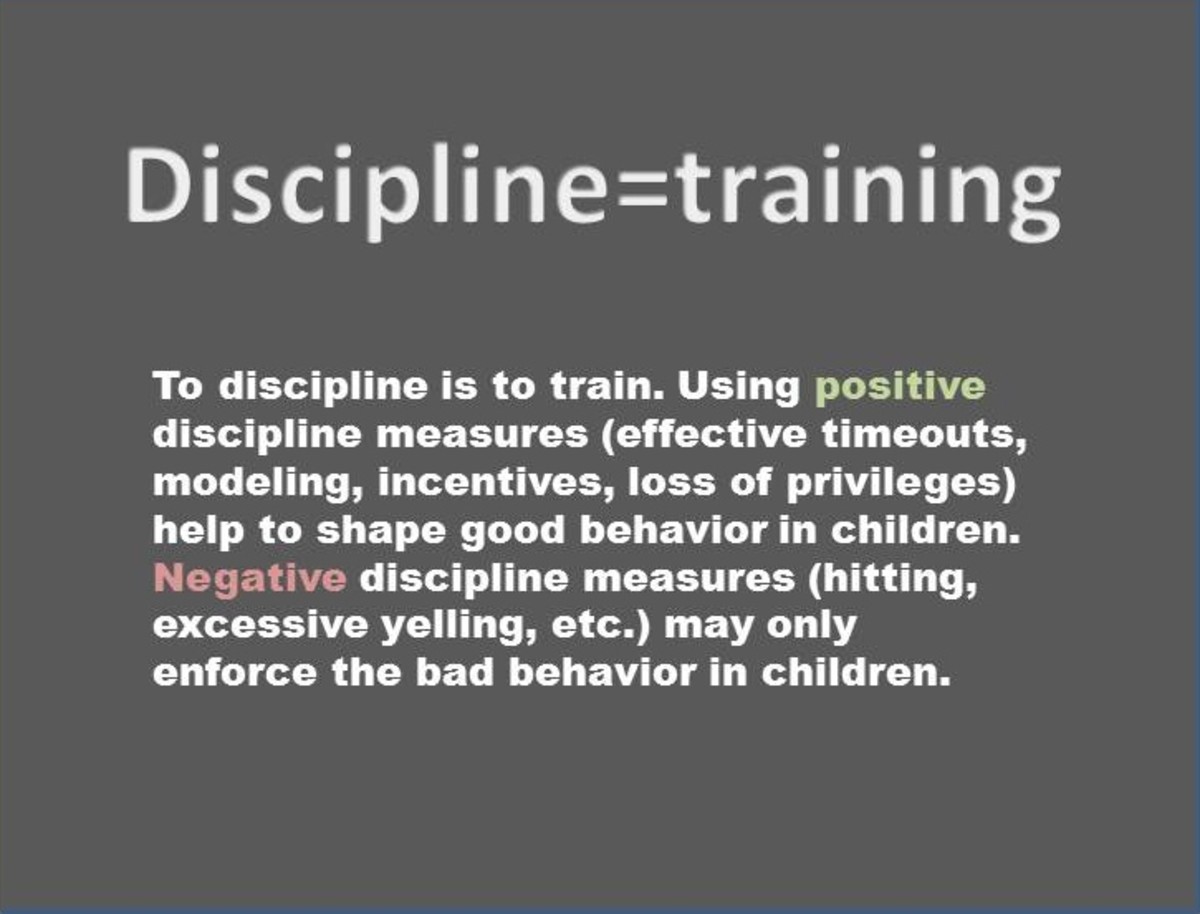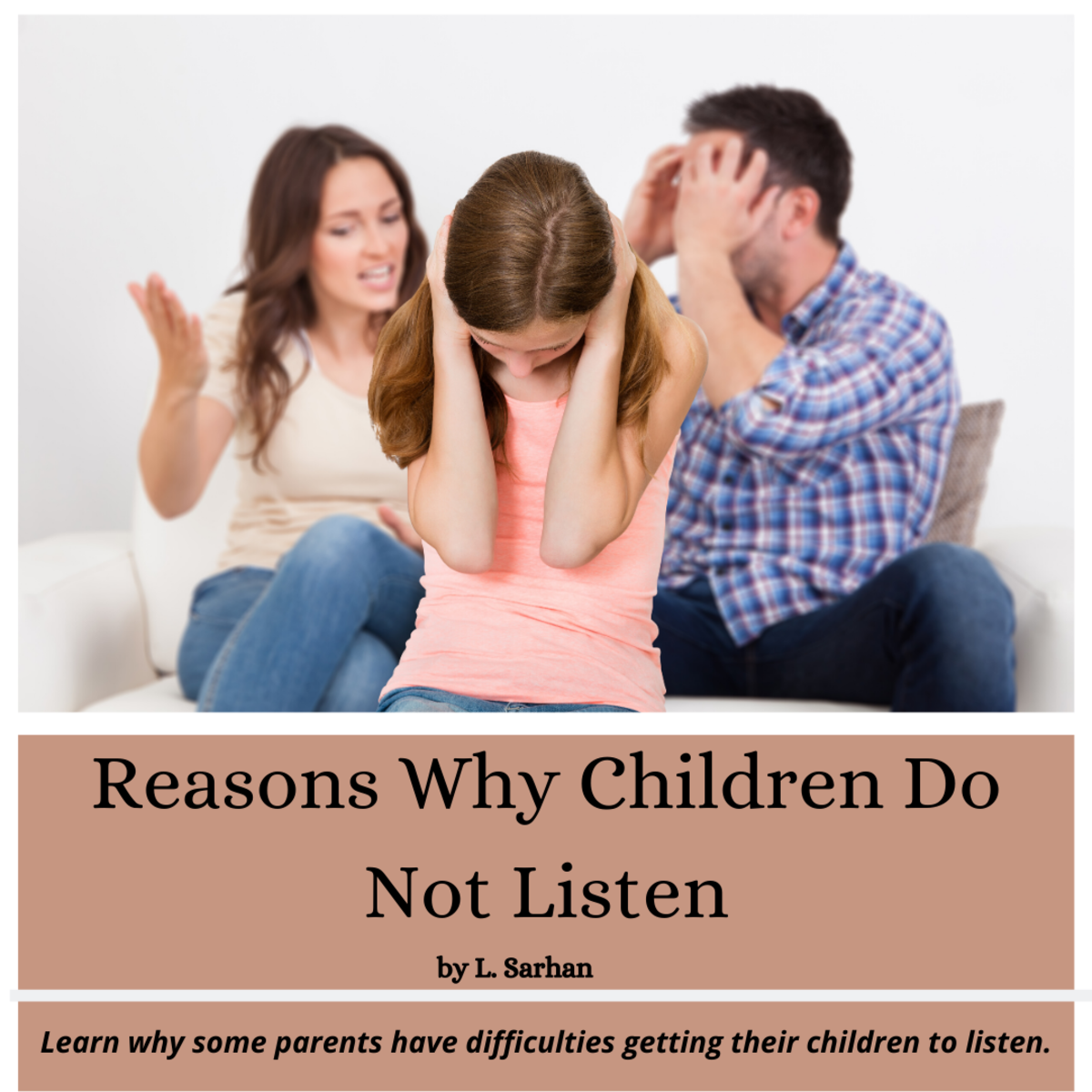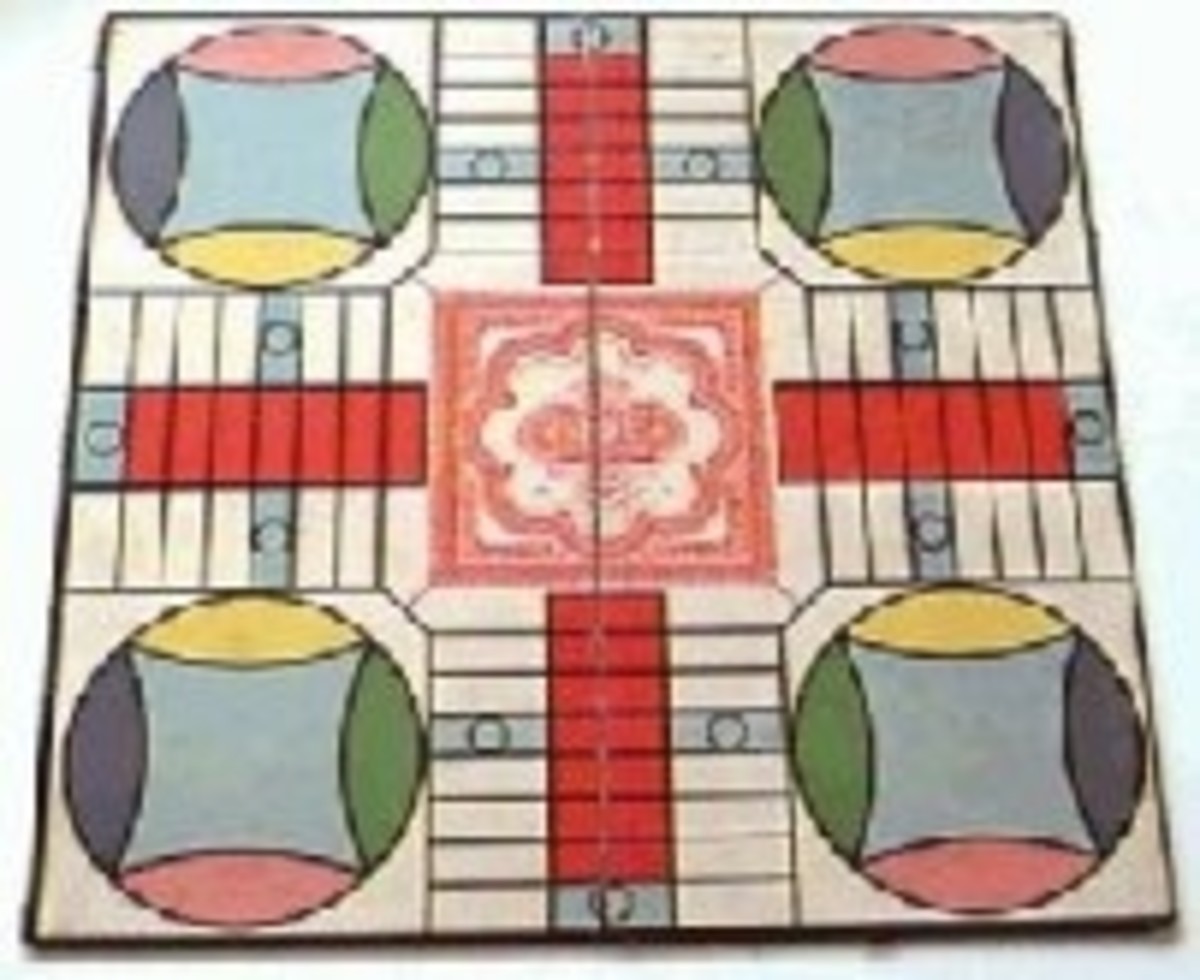Help For Parents! Discover How Your Child's Behaviour Can Change

Are you struggling with your child's behaviour?
It can be quite a shock to realise that despite your conscientious parenting, you have child behaviour problems such as child hitting, child biting or disobedience of the sort that may be causing chaos, unrest and exhaustion in the family. Even though you may have carefully planned parenting styles, plenty of parenting advice and the support resources you have used so far, you still have a problem. Maybe you have been so keen to do a good job that you have attended parenting classes or read books on parenting and parenting magazines. But you no longer want the theories of parenting, you want to see it working in practice! By now you may be asking questions such as: where did it go wrong, whose fault is it, what is child discipline or is there any help for today's parents? Somewhere a window will have been opened that triggered your child's behaviour which, unless recognised and released will remain and fester, eventually becoming toxic. Read on- there is help and encouragement ahead with these easy to put into practice parenting tips.
Today's Parents - And Family Sizes
How many kids do you have?
One who walks the road with love will never walk the road alone.
— C. T. DavisNine Reasons Why The Behaviour Of Children Might Be Difficult
- unrest between the parents including separation and divorce that the child may take as a personal rejection
- problems with school work or relationships and feelings of frustration in not being able to tell anyone for fear of being reprimanded or judged
- too much parental control or authoritative parenting- so that the child doesn't feel able to make their own decisions (and mistakes) and find and be themselves
- the addition of a new family member (new baby, step parent) that may make them feel excluded
- frequent comparisons between themselves and their siblings that make them feel inadequate
- the death of a family member, friend or even pet that can make them feel deserted and let down
- in the case of foster parenting, the child might be angry at not being able to stay with their birth parents and siblings
- a lack of attention from busy parents
- Your child might have a disorder such as ADD or ADHD, for which you might need to seek specialist information and help .
How Should We Deal With Unacceptable Behaviour ? - Is the kids time out/naughty chair a good method of child discipline?
This is "kids time out" in a place away from the incident, where the child can think and cool down for one minute for every year of their life.
Should "Kids Time Out" be used?
A method of Active Parenting that applies to all ages, including parenting teens

Helping Behaviour- 4 Ways To Manage It
- Give them time and undivided attention to sit and talk to you on a regular basis, but without any pressure. Do it in a way that makes them feel valued and special by setting aside time and a nice place (maybe whilst playing together). You might need time to win their trust first before they really start opening up, until they start feeling that you like them and won't judge them or react angrily to what they tell you. This will especially be the case with step parenting or foster parenting.
- Give them space to be alone sometimes, with the freedom to cry, yell or smack a cushion to let go of pent up feelings. Don't feel that you always have to run to them to justify how they feel. It's not a matter of who is right or wrong, but of giving them a safe environment to let go. You don't always have to know either. Respect their privacy if they want it. It might not be anything to do with you, but something that happened at school or in the case of foster children, their past home life.
- When something unusual happens in the family, be sensitive to their feelings at the same time remembering that you may be feeling emotional too. Learn to respect each other by not allowing your feelings to invade the other person, but at the same time being honest and admitting to your child when you are struggling.
- Helping behaviour in a young child: if they are having an anger/temper tantrum they will need to be taken away from other people or things that they could harm and placed in a corner until they have let it go. It is important that they are allowed to let it go in a safe place, (not in a place of fear- e.g. a locked room) but then required to apologise for any unacceptable behaviour before being allowed to leave the corner. Usually one minute for each year of their age is the right amount of time. This should not be seen so much as a punishment as an opportunity to reflect on their actions. When this method is undertaken with consistency, it is a very effective form of child discipline.
On Changing Behaviour In Children And Surrounding Issues - Discover what other people have to say about screamfree parenting

Positive Parents
What you and your child focus on will grow!
Playful Parenting

Good Parenting- How To React To Your Child's Behaviour
There is a right and a wrong time to give your child attention.
When addressing behaviour problems and anger management, it is helpful to look at the benefits of positive reinforcement. This means that we give a child attention when they are showing acceptable behaviour. Amazingly, when this happens on a regular basis, the child loses the need for unacceptable behaviour as a means of receiving the desired attention. Where possible, a child should be ignored when they are doing this so that they learn that unacceptable behaviour is pointless. On the other hand, when your child's behaviour is good, they need to hear your approval and praise (especially if it is a situation in which they behaved unacceptably before). There may be times when they need managing in order to keep the environment safe and to keep them from abusing others, but they need to learn that good behaviour brings good results. Empty threats or giving in with treats to a wining child should never happen.
Reward Charts - You'll love your child's new enthusiasm for the job in hand with these Parenting Tools!
- The Huge Benefits Of Using Reward Charts
Click above for more information and resources on reward charts.
Helping Behaviour - Reward Charts
clearly displays the results of good behaviour
Reward charts are great ways of showing everyone where they are going and keeping focussed. For example, an ice-cream can be rewarded at the end of the week if each day they earn a star for staying in bed when it's bedtime, etc. This is surely far more fun for everyone, than spending all your time and energy in punishing and yelling at them for bad behaviour. However, consistency is important and rewards only given when the agreed goal is reached. This is how you can manage your child, without the authoritative parenting, instead of letting them manage you! This will soon bring peace and enjoyment into your relationships and home. As you see the importance of giving your child positive attention, you will begin finding fun ways of spending time together. A bit of parenting humour can go a long way too! Even sharing the chores together can be fun if approached with the right attitude and rewards. What do we mean by this? If for example, a parent is too busy to play a game with their child, they could get the child to help them with the laundry or the hoovering (depending on their age) with the reward of playing the game when it is done. Or even doing the shopping together can seem an amicable adventure if the child is given their fair share of finding the desired items from their own list. When parenting teenagers, they can learn that by helping out around the house, their busy parent will be more inclined to give them the lift that they are asking for when they want to go out. Getting them to play their part in the family in such ways will give them a greater sense of belonging, trust and teach them responsibility at the same time. Being a parent, which was an act of creation in itself, can be an ongoing creative experience and lifestyle that we all share together, if we choose it.
Love makes all hard hearts gentle.
(George Herbert)






